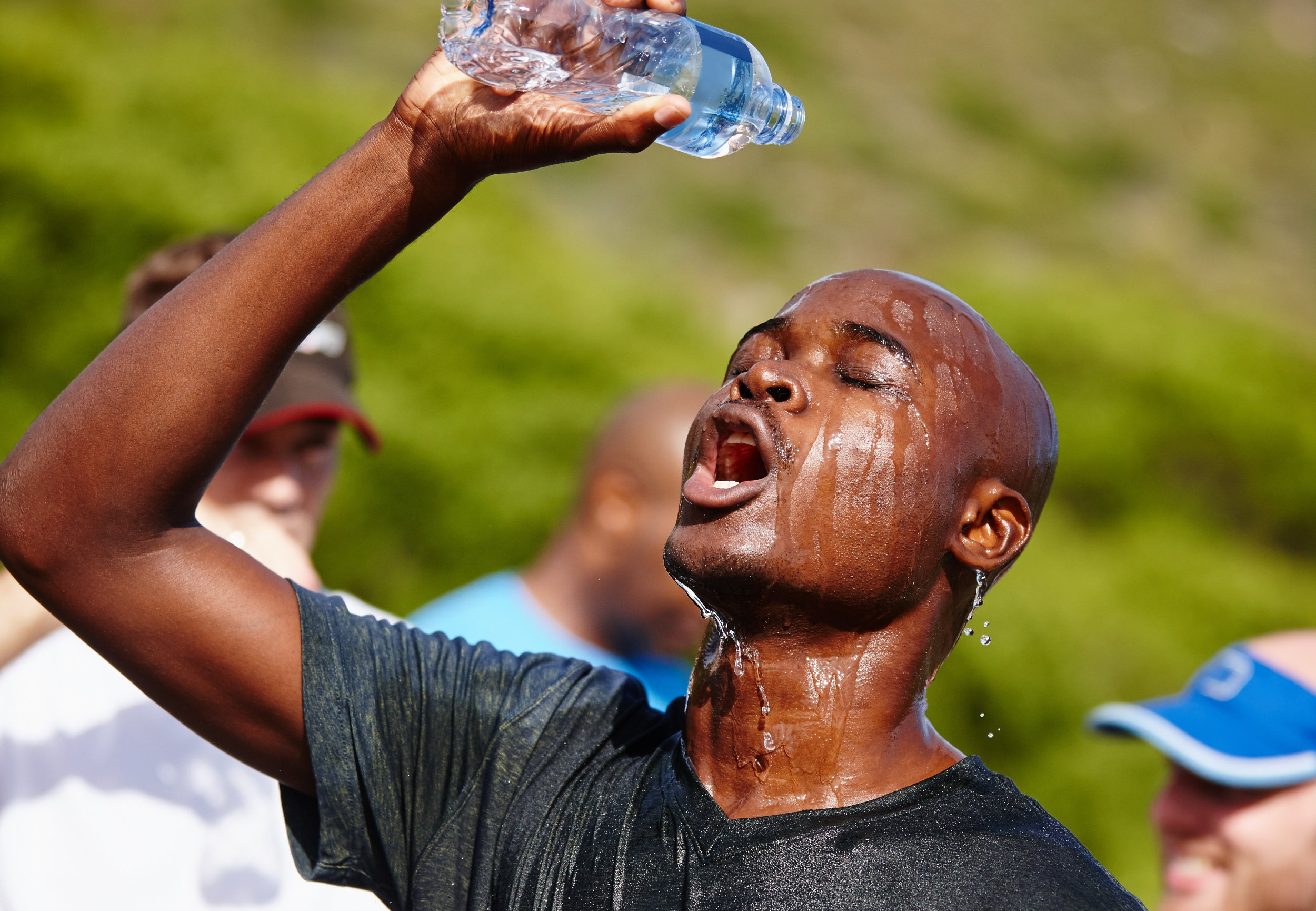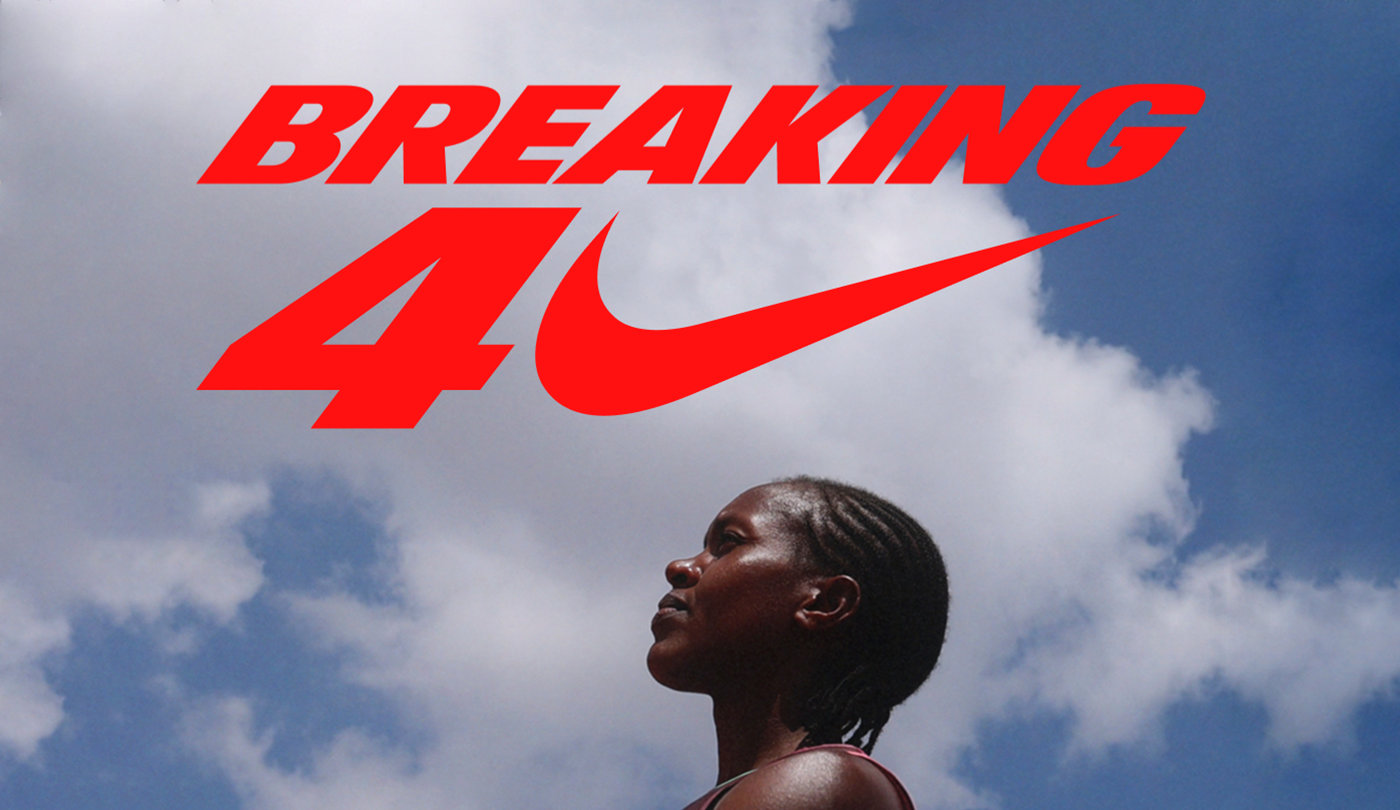Tomorrow it’s going to be 37°C in the UK. That’s hotter than some parts of the Sahara. The British public will, of course, lose their minds. And somewhere, Novak Djokovic might be muttering, “Told you so.”
Continue readingShould Bicarbs Be Supplementing Your Investments – Not Just Your Athletes?
Swallowing a spoonful of baking soda before a race used to be the nutritional equivalent of playing Russian roulette with your digestive system. Yet many athletes kept doing it – because, inconveniently, it worked.
Continue readingFaith Kipyegon, Nike, and the Four-Minute Question: Sporting Greatness or PR Masterclass?
On June 26th, Faith Kipyegon is expected to become the first woman to run a sub-four-minute mile. It’s an extraordinary sporting milestone — but is sport really the main event?
Continue readingAI Isn’t a Plug-In, It’s a Paradigm Shift – So what’s Your AI Strategy?
We’ve all been talking about AI for a while now. It’s in your feed, your inbox, your spam folder — and, almost certainly, somewhere in your organization.
Continue readingWhen Online Could Mean Offside: What the UK’s New Safety Laws Mean for British Sport
On 25 July, the UK’s Online Safety Act comes into force. Silicon Valley’s conscience was found wanting, and Ofcom will be the new sheriff in town.
Continue readingGroundhoppers: Miss Them … and Miss Out
In sport, some trends arrive with a bang; others sneak in through the turnstiles. Groundhopping is firmly in the latter camp.
Continue readingSports Tech’s Next Thing… And It’s Mind Blowing
Every year, The Sports Technology Awards gives us a tantalizing glimpse into the future, typically around three to seven years ahead of whatever eventually makes it into your average stadium.
Continue readingThe Leader: OpenAI’s Latest Offering – as Reviewed by ChatGPT
AI is brilliant — just ask ChatGPT. Last month, OpenAI launched Operator, its latest tool for US customers. The fanfare was loud, but the real question is: does it deliver?
Continue readingIf America Invents, China Replicates and Europe Regulates, What Awaits the Class of ’25?
There’s an old saying: America invents, China replicates, and Europe regulates. It’s been doing the rounds again, so I had a look at our shortlist to see if there’s any truth in it.
Continue readingChemical Romance vs Toxic Bromance
As many key Silicon Valley tech giants retreat from inclusivity, the sports world is doubling down on it.
Continue reading









